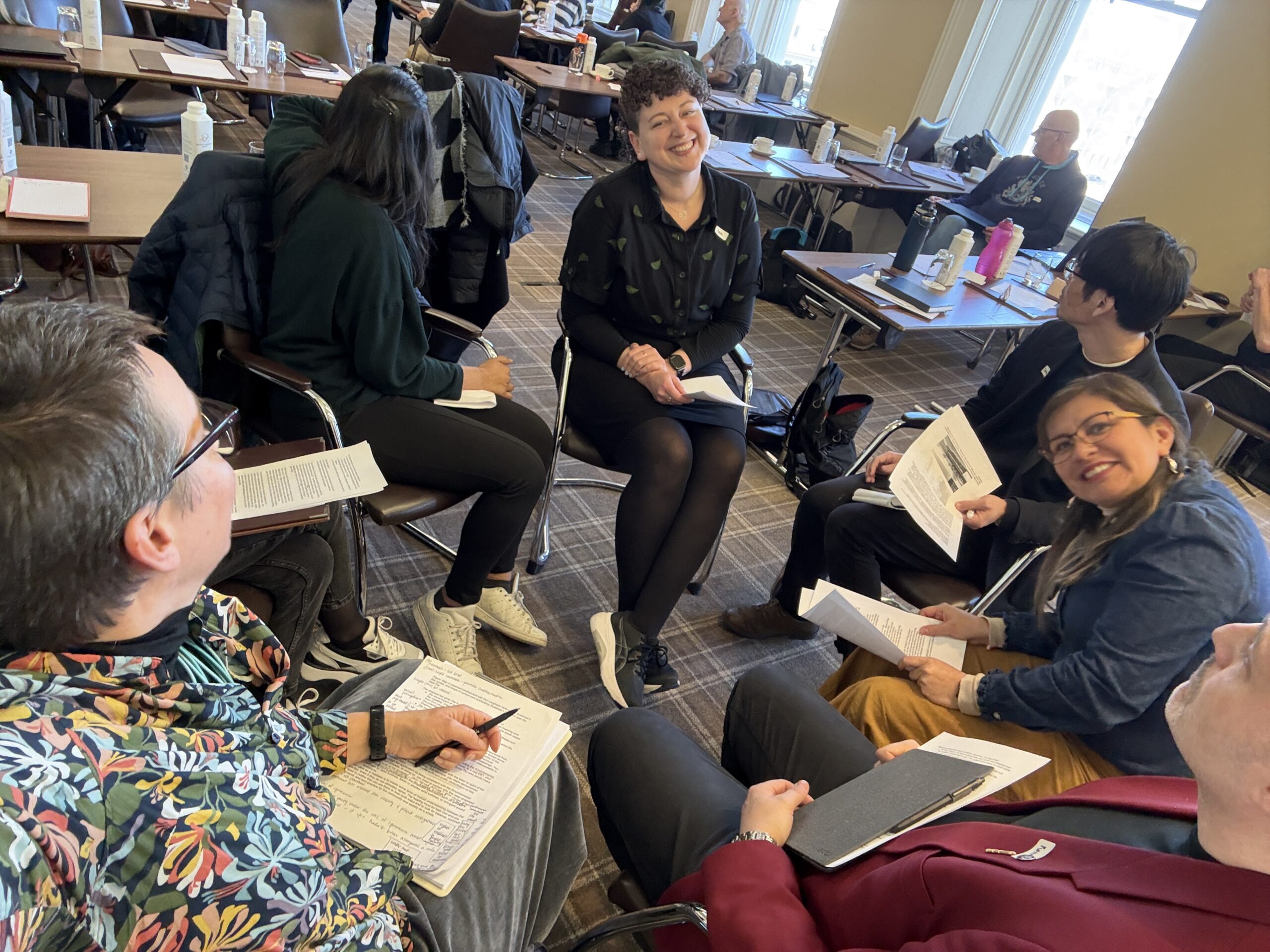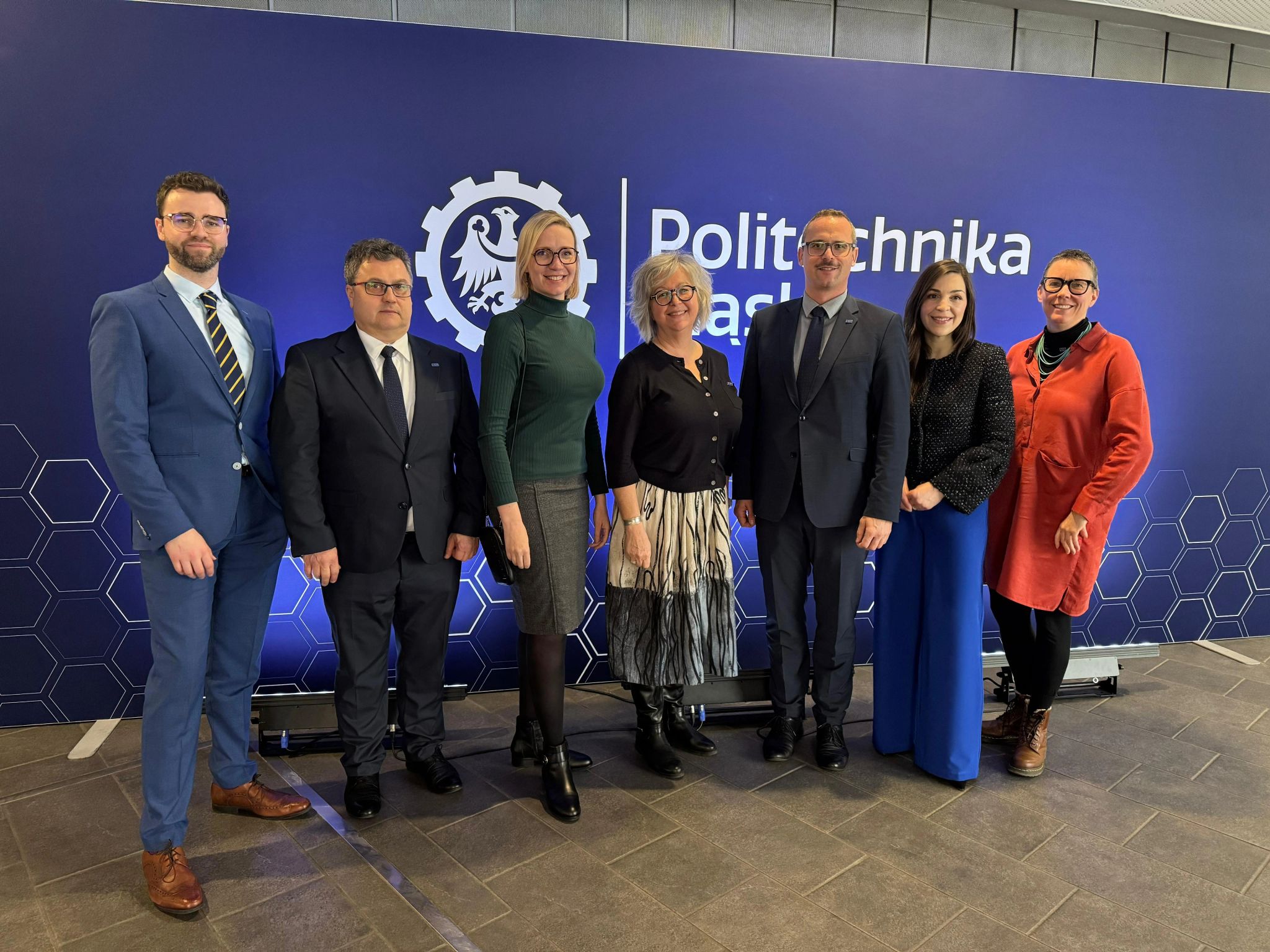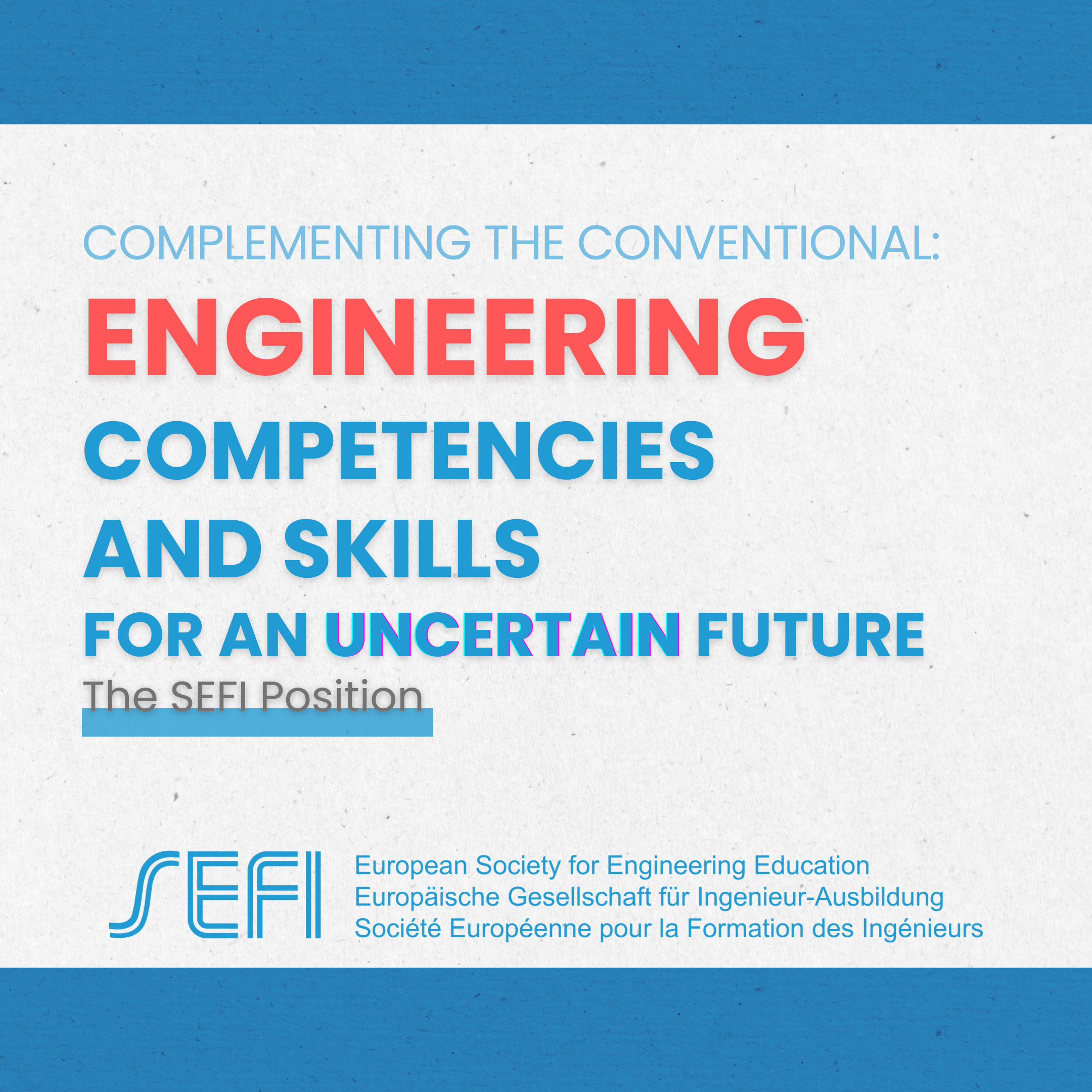From 24 to 26 March, 35 delegates from around the world gathered at the Royal…

New Model Institute for Technology and Engineering
Once upon a time, we sat down to read a story. Maybe we read quietly alone, or someone read aloud to a group of us, or we read a story to a friend. And in the course of this reading, our emotions were heightened as we imagined other worlds or perspectives, considered the actions of characters and the conflicts they encountered, and wrestled with the questions that the story’s outcome left us with.
This anecdote shows how in reading, we participate in habits of mind associated with ethics learning. Too, there are a wealth of short stories that address components of engineering ethics and bring those issues alive in entertaining and compelling ways. Often this is through speculative fiction that is centred around issues related to human genetic engineering, climate change, or cognitive robotics that enable the critical thinking, awareness, and sensitivity necessary to ethical judgment and action. But engineering students can also practice the skills of analysis, interpretation, and reflection when reading stories that address professional or interpersonal scenarios. These educational activities also respond to the calls to integrate the arts and humanities, and the lessons and attitudes they cultivate, into engineering education.
Short fiction may be integrated within engineering ethics courses, such as the ones described in Integrating Ethics in Engineering Education through Multidisciplinary Synthesis, Collaboration, and Reflective Portfolios, or associated with units that address particular technical topics and skills. In a course called “Life Stories” that I used to teach for engineering students at the Colorado School of Mines, my student Grant Johnson once wrote, “The act of telling stories not only shapes our perception of past events, but also elicits the lessons we’ve learned and how these lessons will impact our future.” What a pertinent objective for engineering ethics education as well.


